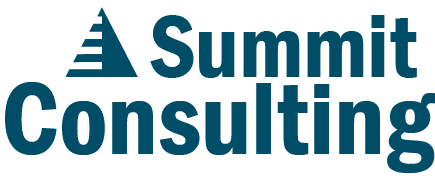Rasmussen Hougaard, Jacqueline Carter, and Gitt Dybkjaer posted an excellent article on how important it is to spend 10 minutes daily on Mindfulness and how it changes the way you react to everything.
They wrote that through training thousands of leaders in the techniques of mindfulness, that it can help people create a one-second mental space between an event or stimulus and their response to it. One second may not sound like a lot, but it can be the difference between making a rushed decision that leads to failure and reaching a thoughtful conclusion that leads to increased performance. It’s the difference between acting out of anger and applying due patience. It’s a one-second lead over your mind, your emotions, your world.
Research haS found that mindfulness training alters our brains and how we engage with ourselves, others, and our work. When practiced and applied, mindfulness fundamentally alters the operating system of the mind. Through repeated mindfulness practice, brain activity is redirected from ancient, reactionary parts of the brain, including the lambic system, to the newest, rational part of the brain, the prefrontal cortex.
In this way mindfulness practice decreases activity in the parts of the brain responsible for fight-or-flight and knee-jerk reactions while increasing activity in the part of the brain responsible for what’s termed our executive funding it. This part of the brain, and the executive functioning skills it supports, is the control Center for our thoughts, words, and actions. It’s the center of logical thought and impulse control. Simply put, relying more on our executive functioning puts us firmly in the driver’s seat of our minds, and by extension out lives.
5 easily implemented tips to help you become more mindful:
1. Practice 10 minutes of mindfulness training each day.
2. Avoid reading email first thing in the morning.
3. Turn off all notifications.
4. Stop multitasking.
5. Put it on your calendar.
Although mindfulness isn’t a magic pill, it will help you more actively select your responses and make calculated choices instead of succumbing to reactionary decisions.
